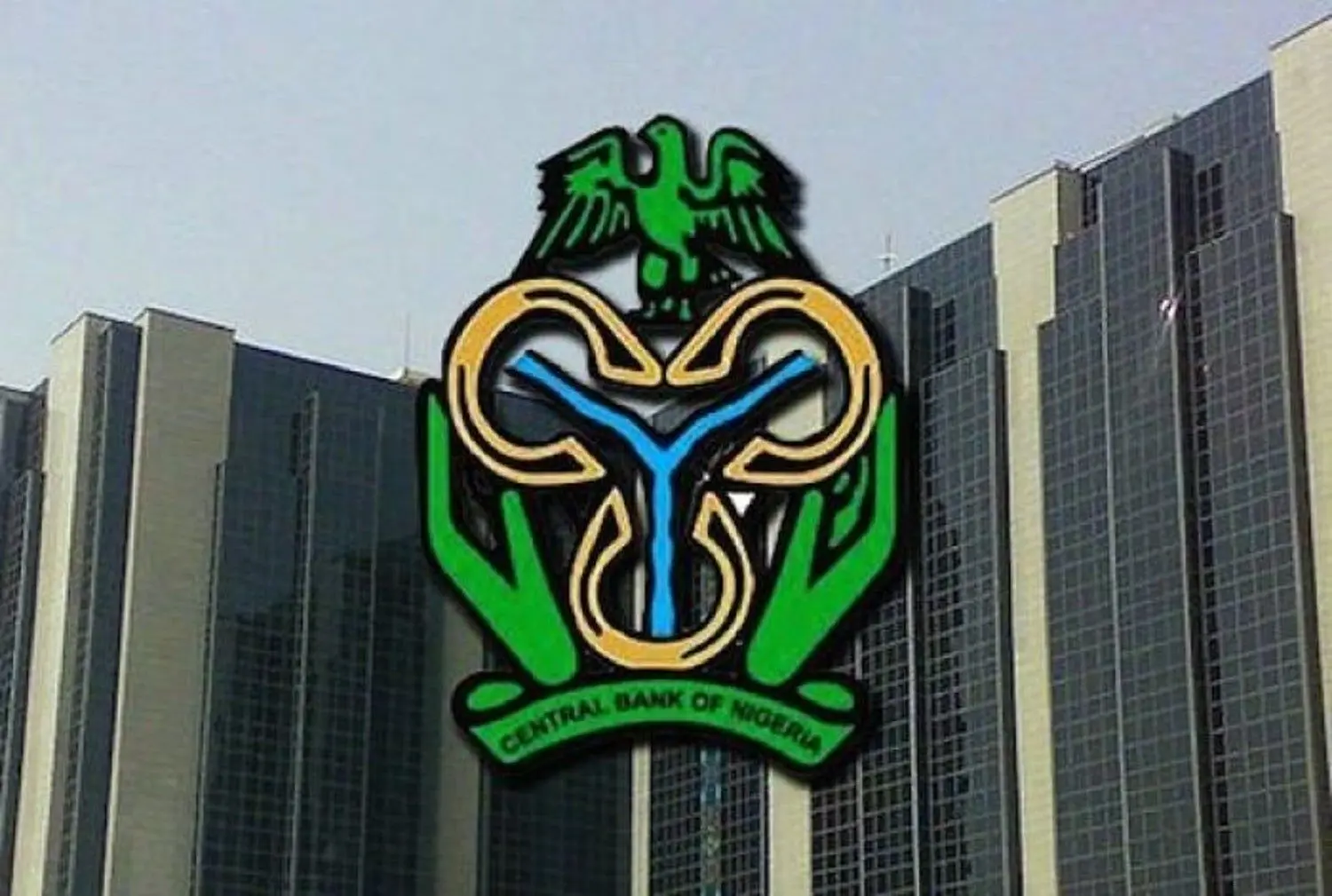
The Central Bank of Nigeria (CBN) has rolled out a new directive mandating all Domestic Systemically Important Banks (DSIBs) to secure regulatory approval for successor Managing Directors no later than six months before the current CEO’s departure.
In a circular signed by Director of Financial Policy and Regulation Rita Sike, and published Tuesday on the CBN’s official website, the apex bank also stipulated that appointments must be publicly announced at least three months prior to the incumbent’s exit.
The new rule marks a significant shift in the governance expectations placed on Nigeria’s top-tier banks institutions considered “too big to fail” due to their scale and systemic relevance.
The apex bank says the change is designed to:
- Ensure continuity in leadership at Nigeria’s largest banks
- Reduce market uncertainty caused by sudden or ambiguous leadership transitions
- Align with global best practices in financial sector governance
- Promote confidence among investors, depositors, and other stakeholders
“This directive seeks to minimise disruptions at the top management level, enable appointees to prepare adequately for their roles, and mitigate risks associated with abrupt changes in leadership,” the circular stated.
The new requirements are grounded in Section 2.14 of the CBN’s 2023 Corporate Governance Guidelines, which mandate robust succession plans for CEOs and other key executives at commercial, merchant, non-interest, and payment service banks.
Under the policy, banks must:
- Obtain CBN approval for a successor MD/CEO no later than six months before the current CEO’s departure.
- Publicly disclose the new appointment at least three months ahead of the transition date.
Failure to comply could be interpreted as a governance lapse — a serious matter for DSIBs, which are already held to higher regulatory standards due to their systemic impact.
The CBN noted that leadership instability in such institutions could have wide-reaching effects on Nigeria’s financial ecosystem and overall economic stability.
The directive follows a wave of high-profile transitions across Nigeria’s banking sector. Among them:
- Innocent Ike’s appointment as Group MD of Access Holdings, succeeding Roosevelt Ogbonna.
- The return of Aigboje Aig-Imoukhuede to Access Holdings after the sudden death of Herbert Wigwe in 2024.
- The exit of long-serving executives, including Seyi Kumapayi, marking a generational leadership shift.
These changes, while managed professionally, underscored the need for clearer, more structured succession frameworks in Nigeria’s financial institutions.
A Broader Push for Reform
The succession directive aligns with the reform agenda of CBN Governor Olayemi Cardoso, who has focused on strengthening governance, transparency, and systemic resilience across the financial sector.
Other recent CBN reforms include:
- Foreign exchange market liberalisation
- New bank recapitalisation requirements
- More stringent compliance oversight on capital adequacy and liquidity
With succession planning now added to the mix, the central bank is signaling its intent to professionalise Nigeria’s financial system and bring it closer in line with international regulatory benchmarks.


